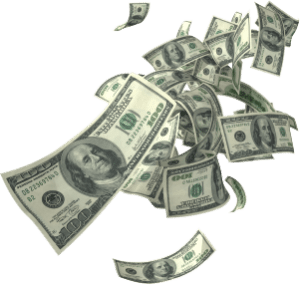Keep Control Of Your Personal Finances
Keeping control of your personal finances is important in making sure that you have enough money to live on in years to come. Many people find it difficult to enjoy their lives because they are saddled by huge debts. Regardless of how much you make, it is possible to get control over your personal finances. Read this article for some helpful suggestions on how you can get started.
If you have a lot of debt, one of the first things you should do is to consolidate your debt into one or two credit cards. There are services that can help you do that. Holding too many credit cards makes it difficult for you to keep track of what you have charged. When you consolidate your debt and close most of your charge accounts, you can monitor your liabilities more easily. When you consolidate your debt, you also have a chance to lower the interest rate, which will help in paying off the debt.
Once you have consolidated your debts, pay any future bills with just one credit card. Avoid opening any store or merchant charge cards which carry a very high interest rate. There is no need for those. Stores often run promotions to entice people to open up a store account, but you should avoid those at all costs. If you want better control over what your charge, stick to one card.
Managing Your Personal Finances Plan
There are online tools that help you develop and manage your personal finance plan. Publishers of magazines that deal with personal finances often provide free tools that you can use. Your bank probably has tools available for its customers on its website. If you have opened up a retirement account, your service provider will have online tools as well. Do some research, and find the program that you are comfortable in using. You will find that managing your personal finances is not that difficult when you can use a program designed for it.
Personal Finances Management Tools
Any financial management tool that you use will usually ask for basic information from you, such as your monthly expenses and income, the amount of your savings, outstanding debt balances, your assets, and personal information like the size of your household and your age. This information is used to develop a realistic budget scenario that is based on your real spending patterns. If you anticipate a large expense coming up, like a major home repair, you will need to provide an estimate and factor that in. The more information you can input, the more accurate this budget will be.
You should do your best to save as much money as you can after you pay your fixed expenses. This may mean reducing discretionary expenses like entertainment costs, vacations, and eating at restaurants. Starting a good savings habit will be very helpful in making sure that you always have a backup plan. Avoid dipping into your savings for non-urgent expenses. If you stick to a good savings plan, you will find that your reserves will quickly grow into a sizable sum.
When you have a budget, you can easily see what you can and cannot afford. Follow the advice in this article to start creating a sound, personal finances plan. When you have your finances under control, you will have more peace of mind.

